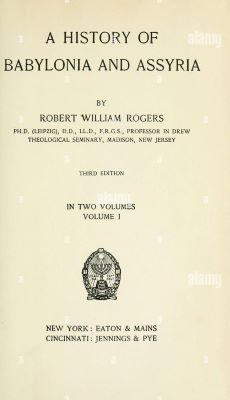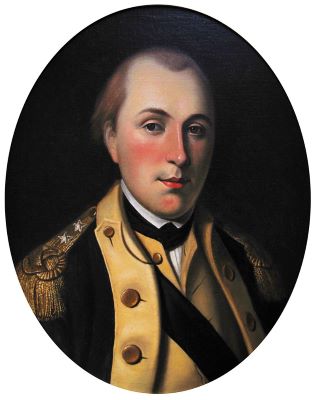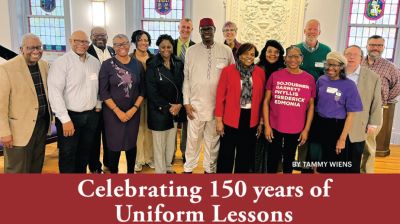Egypt had been the gift of the river for centuries before the Greeks coined that description. The Nile River dominated the physical landscape and culture of the pre-dynastic, Old Kingdom, Middle Kingdom and New Kingdom periods. During those times it was easy for Egypt to see itself as the cosmic center of the universe, the home of the real people. Given the areas of the world with which it had frequent contact, Egypt truly did dominate militarily, politically, and culturally. While Egypt certainly was aware of the existence of Mesopotamia, it had no real direct impact on the lives of the Egyptians during these two millennia.
Israel/Judah were a people of the covenant with cosmic centers at Shiloh, Shechem, Jerusalem and Samaria during the Iron Age. Over the course of centuries their geographical perspective had changed from that of a wilderness people and deity to one in the highlands of the land of Canaan to one from Dan to Beersheva and then to a deity who was king from the Euphrates River to the River of Egypt. While’s Israel’s claim that its God was king in the land of Canaan violated Egypt’s sense that the land was within its sphere of influence, no threat to Egypt proper had emerged from its neighbor since the time of the Hyksos.
These circumstances changed with the rise of Assyria. Beginning in the 9th century BCE, accelerating in the 8th century, and climaxing in the 7th century BCE, Assyria expanded westward crossing into Egypt itself. Thebes and Babylon were sacked but Jerusalem was spared. One entity now ruled and dominated the known world. This new age of imperialism necessitated a new way of envisioning the universe. How could the Nile Valley be the center of the world that stretched from Nubia to Elam? How could the covenant apply in a world centered at Nineveh? What was to be center of the world in a time of ancient Near Eastern empires and how were Egypt and Israel/Judah to define themselves if their cultures were to remain viable?
Dr. Peter Feinman is the founder and president of the Institute of History, Archaeology, and Education, a non-profit organization which provides enrichment programs for schools, professional development program for teachers, and public programs. He received his B.A. in history from the University of Pennsylvania, a M. Ed. from New York University, an MBA from New York University, and an Ed. D. from Columbia University. His interests cross disciplinary boundaries including (i) Egypt, with the forthcoming “The Tempest in the Tempest Stela: A Cosmic Story in History,” Bulletin of the Egyptological Seminar festschrift to Dorothea Arnold, (ii) biblical, “When Israel and the Arabs Were Allies” published as part of the proceedings of the Israeli-Palestinian Pathways to Peace conference, and (iii) American, “Chautauqua America,” in The American Interest. He recently organized and spoke at a conference on “Immigration: The Melting Pot and the American Dream” and is busy organizing county history conferences in New York State.





